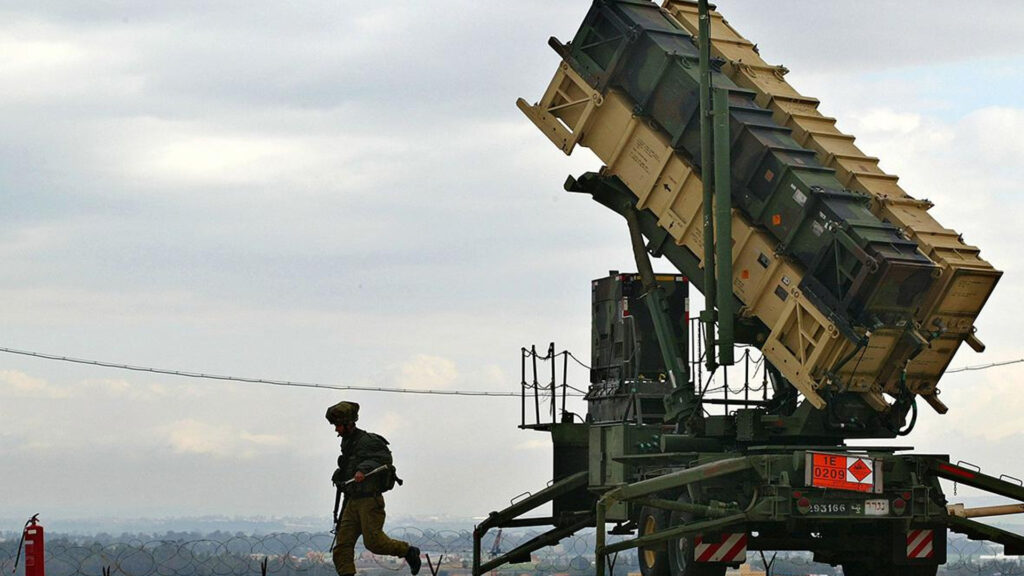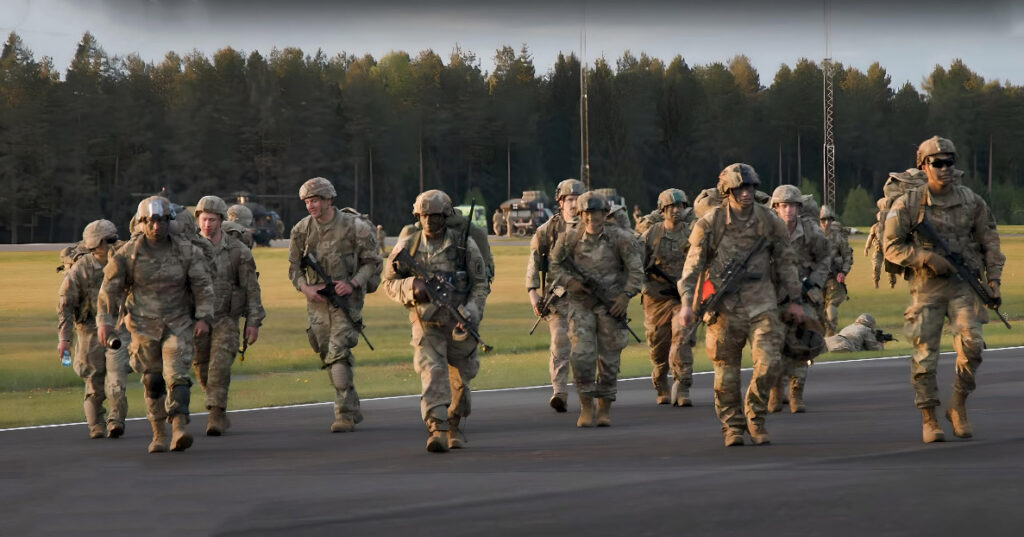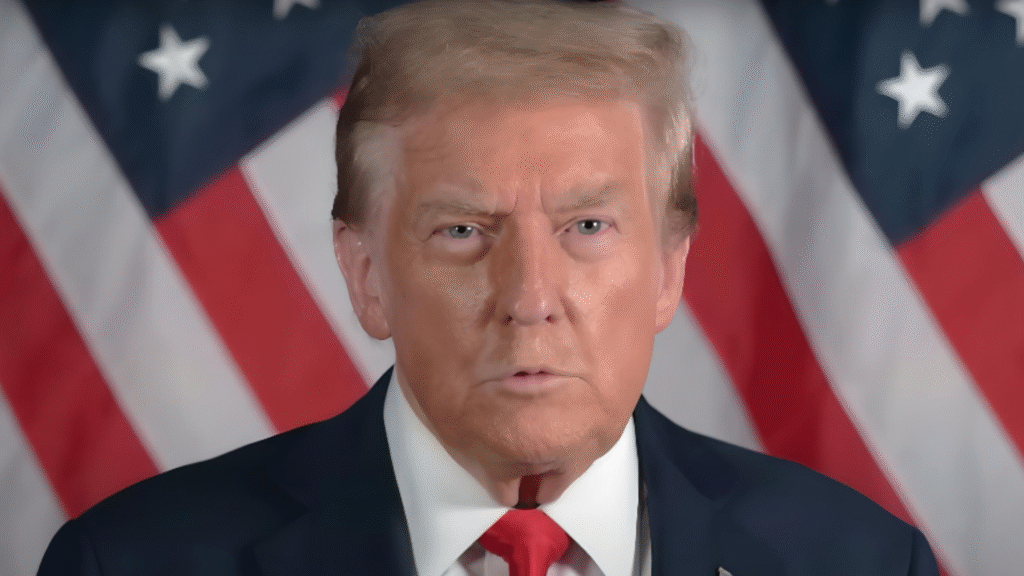On the evening of July 4th — a symbolic date for the United States — Donald Trump, who is once again running for president, hinted at the possibility of resuming deliveries of Patriot air defense systems to Ukraine. His statement followed a phone call with Ukrainian President Volodymyr Zelensky, who raised the urgent issue of strengthening air defenses amid a dramatic increase in missile and drone attacks on Ukrainian cities.
“We discussed Ukraine’s defense. Patriot systems are certainly important,” Trump said. “We’ll see if we can provide something. It’s a complicated situation, but we’re thinking about it.” His remarks marked a notable shift in tone from earlier statements, where he had been more critical of continued military aid to Kyiv.
The conversation came in the wake of what Ukraine’s Ministry of Defense described as the most extensive strike since the start of the full-scale war: over 60 missiles and nearly 500 drones were launched in a single night. Despite already receiving several Patriot batteries from multiple partners, Ukraine is facing a severe shortage of interceptor missiles due to the intensity of the attacks.
Back in April, Kyiv proposed purchasing 10 additional Patriot systems from the U.S. for $15 billion. At the time, Trump rejected the request, accusing Ukraine of being “relentless in asking for missiles.” However, following the NATO summit in The Hague in June — where collective security was a major point of discussion — Trump’s rhetoric softened. He acknowledged the systems are in short supply, partly because of existing commitments to allies in the Middle East, but he expressed a willingness to reconsider the Ukrainian appeal.
The situation is further complicated by a Pentagon decision in June to pause some military shipments to Ukraine, including Patriot missiles. U.S. Defense Secretary Pete Hegseth justified the move as necessary to replenish domestic stockpiles. While the White House emphasized that the decision prioritized “America’s interests,” Ukrainian officials, including presidential adviser Mykhailo Podolyak, called it a “painful blow” to Ukraine’s defense capabilities.
In this context, Trump’s new remarks could be seen as an attempt to strike a balance between national priorities and international responsibilities. As criticism mounts from partners expecting more decisive leadership, the potential delivery of additional Patriot batteries could serve as more than a military gesture — it could signal a broader geopolitical message: no country under siege will be left alone to face missile barrages.
Meanwhile, Kyiv continues its diplomatic push, strengthening international contacts and striving to maintain the integrity of its defense network amid constant escalation. The decision on Patriot systems is not just about technology — it is a strategic question about the shape of the future.



